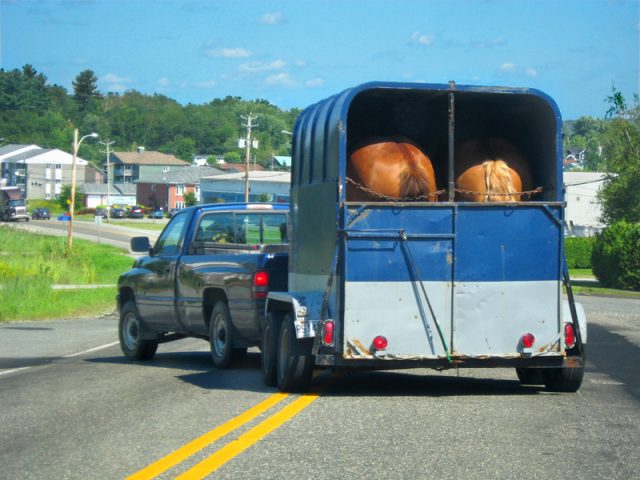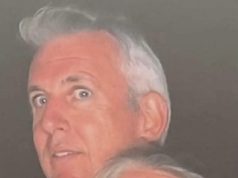REYNOLDSBURG, OH (Sept. 9, 2019) – In an effort to protect horses and other livestock in Ohio, the Ohio Department of Agriculture (ODA) is not allowing the import of horses from states with confirmed and suspected cases of Vesicular Stomatitis (VSV). This restriction includes the All American Quarter Horse Congress, which is scheduled to begin in Columbus on October 1.
“VSV has not been detected in Ohio and we are taking every precaution possible to keep it that way,” said ODA State Veterinarian Dr. Tony Forshey. “With the All American Quarter Horse Congress coming, we thought it was important to restrict further movement to prevent the disease’s potential spread.”
VSV is a viral disease that primarily affects horses, but can also infect cattle, swine, sheep, and goats. The disease causes blister-like lesions, which burst and leave open wounds. It is extremely painful to animals and can result in the inability to eat and drink and even lameness.
VSV is highly contagious, with biting insects being the most common method of transmission. Humans can also contract VSV by coming into contact with lesions, saliva, or nasal secretions from infected animals. In people, the disease causes flu-like symptoms such as fever, muscle ache, headache, and nausea.
Currently, VSV has been detected in Colorado, Nebraska, New Mexico, Oklahoma, Texas, Utah, and Wyoming with confirmed or suspected cases in specific counties across those states. A current list of suspect and confirmed cases can be found in the U.S. Department of Agriculture’s weekly situation report.










